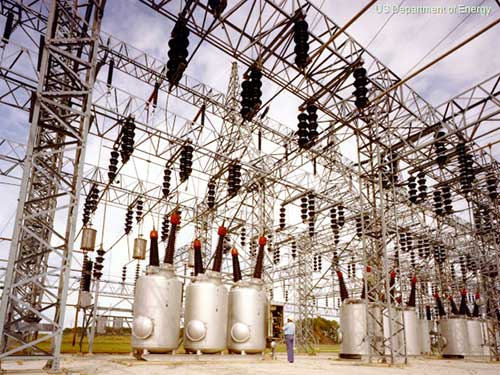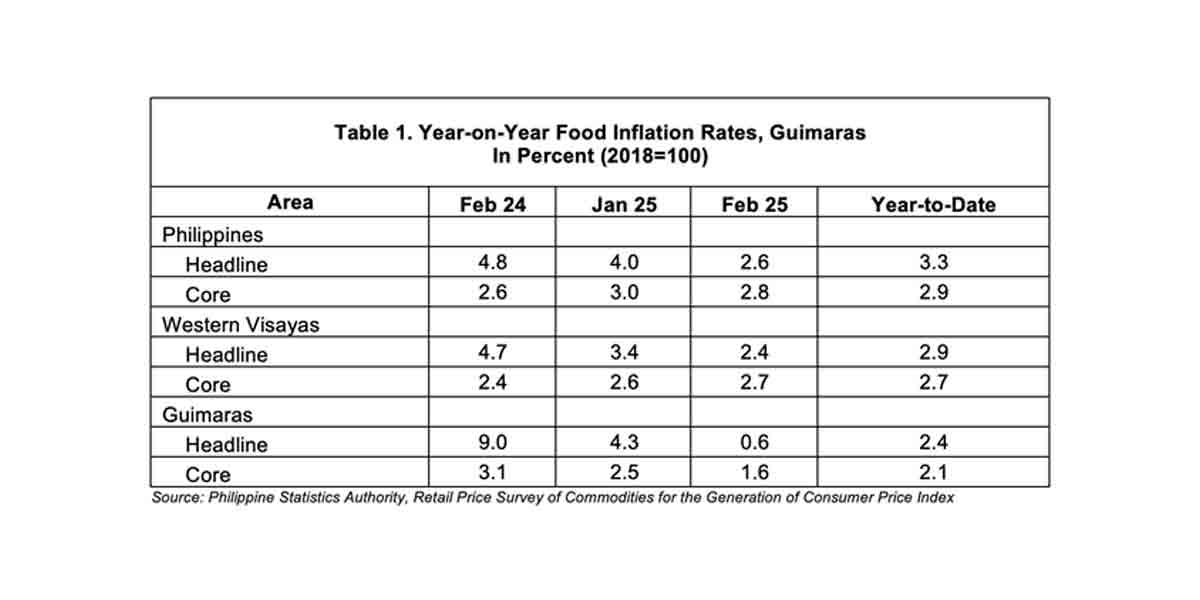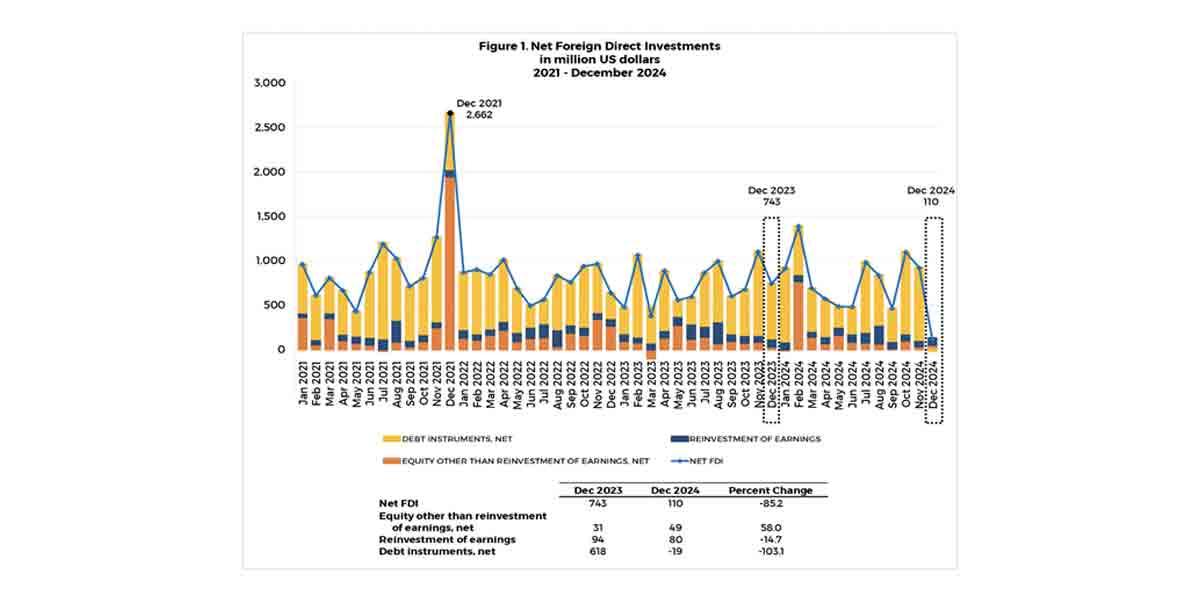
Concerns over the Philippines’ power supply reliability and high energy costs are discouraging potential investors in the manufacturing sector, according to George Barcelon, chairman of the Philippine Chamber of Commerce and Industry (PCCI).
Speaking at the PCCI Power Summit 2024 sponsored by BA Securities, Barcelon highlighted that these issues have historically impacted both heavy and light manufacturing, leading to a significant decline in manufacturing activities in the country.
The trend has resulted in the retention of only marketing, sales, and information divisions.
“Interested investors are hesitant to set up operations here due to uncertain power supply and high electricity costs,” Barcelon said.
The PCCI noted that the unreliable power supply and costly electricity rates severely undermine the country’s competitiveness, posing significant barriers to both foreign direct investments and the expansion of local enterprises.
Barcelon pointed out that, aside from Singapore, the Philippines has the highest electricity rates in the ASEAN region despite having the lowest power demand, a critical indicator of industrialization.
Some argue that lower power costs in other countries are due to government subsidies. Barcelon suggested that the Philippines should consider these subsidies as investments to attract investors and stimulate economic growth.
“From a business perspective, while sufficient power supply is essential, high costs can undermine competitiveness and business sustainability,” Barcelon explained.
He added that for exporters, power costs constitute 15-20% of production expenses, and a 5-10% increase in electricity prices could lead to a 10-20% decrease in production during power shortages.
Bryan Ang, vice president and director at PCCI, echoed the sentiment that the responsibility for addressing the country’s power crisis lies primarily with private companies.
“To echo what [Energy] Secretary [Popo] Lotilla mentioned, much of the entire country’s energy chain — from generation to transmission and distribution — has been privatized. Therefore, the bigger burden to solve our power crisis lies with the private sector. We must encourage all private power players to invest more in power generation rather than placing the onus on the national government,” Ang said.
The PCCI has urged the government to incorporate power sustainability, quality, and reliability into its national economic growth strategy.
The organization advocates viewing power subsidies as strategic investments rather than financial burdens.
Barcelon also emphasized the need for a comprehensive power supply deployment strategy, expedited approval processes for new power plants and supply agreements, and the establishment of regional power councils to develop grid strategies and programs.
“Just as we have regional wage boards in the labor sector, chairman Barcelon is correct in pushing for regional power councils,” Ang added.
The Philippines faces significant challenges in its quest to attract manufacturing investments due to high electricity costs and unreliable power supply.
Addressing these issues through strategic government policies and increased private sector investment is crucial for enhancing the country’s industrial competitiveness and ensuring sustainable economic growth.
















